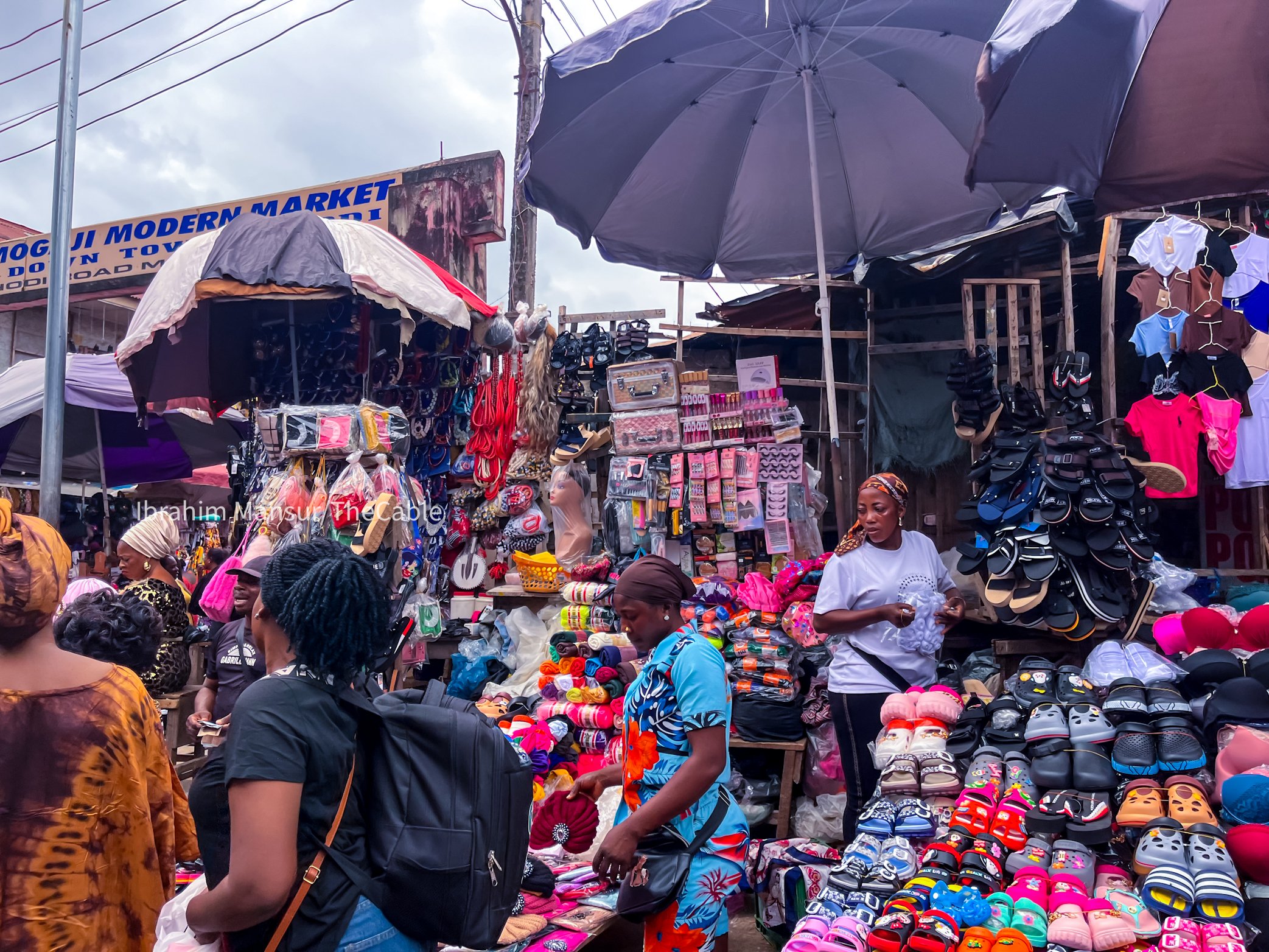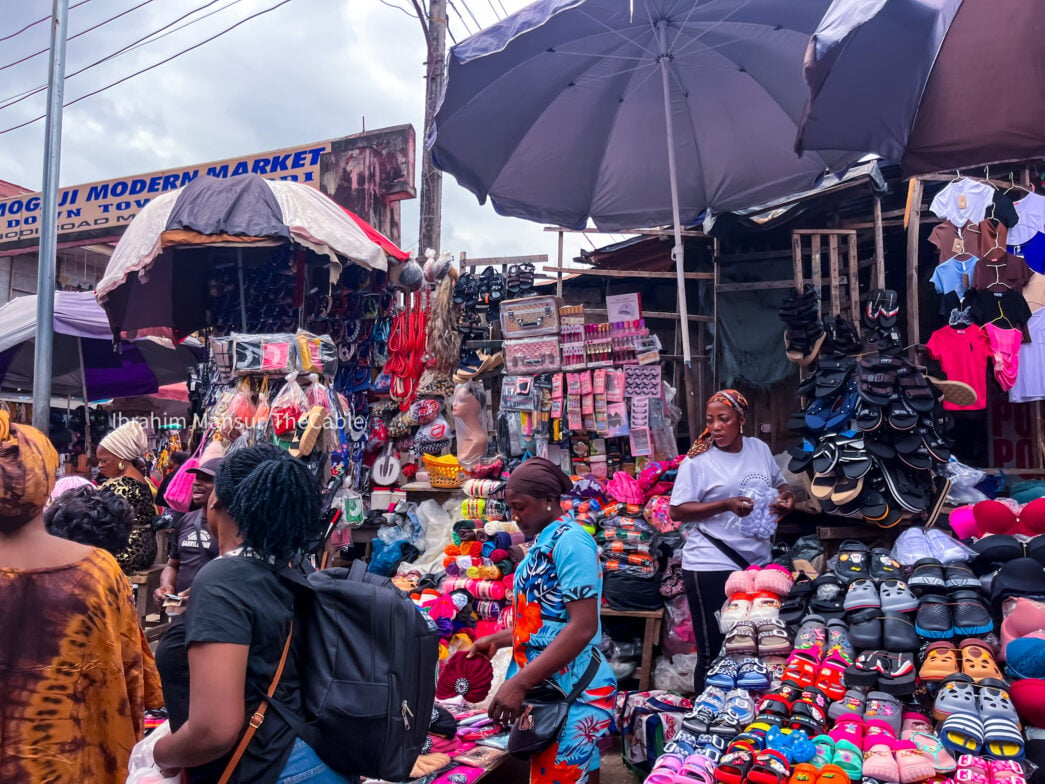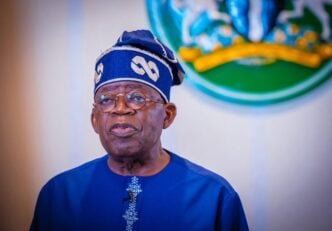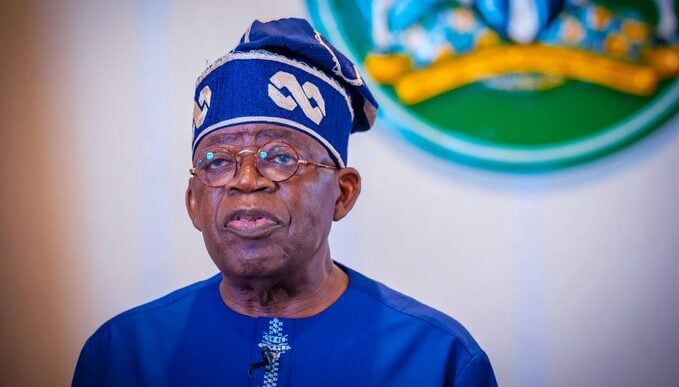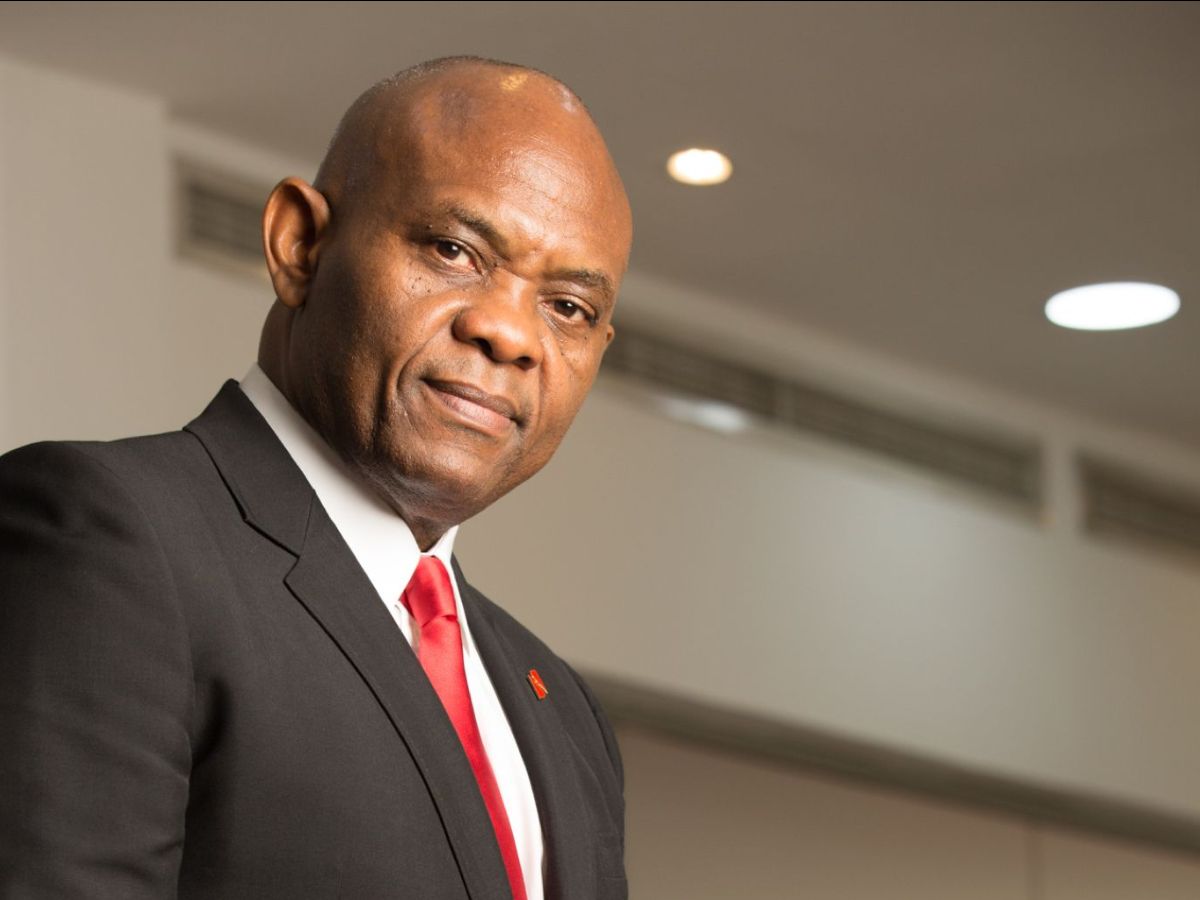The shock on Nigerians was like a volcanic eruption, or maybe I should say like the Great Bhola Cyclone of 1970, considered the deadliest hurricane in world history. Nobody expected it. Even his aides were not left out. The close ones, as it was later found out, weren’t in the picture, catching them napping and possibly confused, as it did to so many Nigerians.
President Bola Tinubu, in Paris last year, affirmed that his aides left out the decision of the fuel subsidy from his inaugural speech. He said: “Then Wale Edun and others started debating, putting my speech together without the question of the subsidy. I got to the podium, I was possessed with courage, and I said subsidy is gone.” It was the last thing anyone expected, at least not from an inaugural speech, but he did it anyway.
The “fuel subsidy is gone” declaration, which quickly metamorphosed into an economic policy of this government, immediately found a lack of consensus. A section praised the bravery of Tinubu to declare and pursue this as a policy of government, while many others did not just criticise the timing and mode of the announcement, but the manner of its implementation. In any case, this economic policy pronouncement is very much on the right side and capable of stopping the economic haemorrhage, setting the tone of making this nation a cutting-edge one and getting us out of the woods where a very few Nigerians are holding to ransom over 200 million others.
According to the editorial of the Nigerian Economic Summit Group (NESG) titled, “Cost and benefits of the fuel subsidy on Nigeria”, the country in 2022 spent an estimated sum of 2.2 trillion naira – $5.189 billion on fuel subsidy (@average exchange rate – January to December of 424 naira/$) and for the first half of 2023, the sum of 3.36 trillion naira was appropriated for this expense line amounting to $6.957 billion (@average exchange rate – January to June of 483 naira/$). Meaning, in 18 months under reference (January 2022 to June 2023), the country coughed out a humongous sum of $12.146 billion, translating to a monthly spend of $674.78 million on settling fuel subsidy. If this huge amount was expensed in just a year and a half on this monster, Nigerians can just imagine the tens or even hundreds of billions of dollars that have been frittered away from our common patrimony in the last two to three decades or so.
Advertisement
Going by the NESG data, we can safely assume that in the 27 months of this administration, the sum of $18.22 billion hitherto meant to fix what Tinubu himself called a “scam” has been saved. In defence of the Tinubu-led Federal Government, the National Orientation Agency (NOA), in racing to cast this administration as responsibly administering these savings and characterising it as judiciously utilising same haven’t sat well with tons of folks especially those poor Nigerians who are disproportionately affected – having to pay so much more for fuel with no corresponding governmental impacts sparking a bunch of reactions. There are sincere and valid concerns from many Nigerians who are deeply worried and asking questions – rightly so, because the tell-tale signs of poverty and deprivation on the heels of another are unmistakably all over the place.
Two weeks ago in TheCable online, Wale Edun, minister of finance and coordinating minister of the economy was quoted to have stated that states’ revenues have doubled after petrol subsidy removal, “The states have much more money, they have doubled the kind of funds they had before, and so they are able to provide their own contribution in this all-important area and others.” Yes, the states’ revenues have more than doubled in some instances, point conceded.
Nonetheless, that statement can well be described as partly true or a half truth. What the finance minister hasn’t said or failed to acknowledge is that even though the amounts available to these states have doubled, the values have plummeted exponentially and are now much less in comparison to what they were getting pre-Tinubu presidency. All these happened, no thanks to the heavy devaluation of the naira at historic levels embarked upon by this administration which has depressed the purchasing power as a result.
Advertisement
Pulling off what some have described as an audacious feat – repealing the fuel subsidy – after honouring the provision already provided by the Buhari administration from January-June 2023 – is not the main focus of this piece. Rather, and importantly, it is the brutal truth of the scourging effects of these policies on the people. Interestingly, Nigerians have not seen President Tinubu, who in 2012, accused the then President Jonathan of shirking his social contract with the Nigerian people by suddenly yanking off the fuel subsidy, implement any of the things he provided as a window to emerge out of the quagmire and ameliorate the negative impacts on the people.
While the teeming Nigerian population scramble for a much better life after many felt they had been ‘swindled’ by the much-talked-about “change” of the immediate past presidency, the economic policies of the Tinubu administration, as desirable as some of them are, have thrown chaos into the mix for many struggling folks.
These policies are ‘assassinating’ this administration’s popularity, making its approval ratings on the streets underwater with hunger of epic proportions and on a scale that is suffocating, that many have to contend with. Just halfway through into the Tinubu administration, those basic things that our parents enjoyed in the 60s and 70s which can be rightly described as the ‘Nigerian Dream’ and which many of our current leaders also enjoyed, are now increasingly inaccessible and have become luxury items – often serving as a symbol of exclusivity – sadly – for a host of the Millennials and Gen Z, many of whom have no shortages of belief in the vision and the values that our founding fathers held so dear.
This government’s handlers must demonstrate to Nigerians that they understand the weight of this moment and hold themselves to the same standards they hold Nigerians. This administration calls for calm and request many Nigerian people who are gasping for breath due to the financial pressure to be hopeful for a better tomorrow when the same government has been accused of sustaining the culture of profligacy, especially with respect to major procurements.
Advertisement
Unfortunately on the surface, those poor folks in their various communities are seen like many others. But behind that seemingly cool mien, there are growing concerns about the massive trail of impacts these policies are leaving on the well-being of so many, with many Nigerians from all walks of life groaning due to being ‘economically ruffled’ and silenced and are hoping for the restoration in full swing of the quality of lives they had hoped this administration would provide.
The government should not be associating its successful implementation of some of these policies as a perfect win or view them as a mind-boggling tacit approval by Nigerians when the people are yet to feel or experience its positivity – quite the reverse should be true. They must recognise the harsh reality: that these ‘Tinubunomic policies’ are giving chilling effects and helping to create poverty and hunger at alarming levels, and this narrative is whipping many struggling Nigerians into a frightening frenzy. They will remain at best ‘paper achievements’ until the definite whispers of pains felt by several Nigerians in the last two years or so are reversed in a dramatic fashion. That is the only time the government spokespersons would have the justification to hype and self-praise.
Ande, a financial and political economy analyst, writes from Lagos and can be reached via [email protected]
Advertisement
Views expressed by contributors are strictly personal and not of TheCable.

